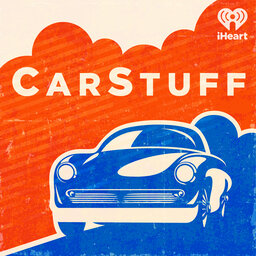Electric Scooters
City governments know them as sharable, dockless mobility devices. The rest of us call them electric scooters. Whether you’re a fan of the micromobility movement or not, you have to admit they’ve made us all think differently about our urban transport options. Join Scott and Kurt as they examine the electric scooter craze, and consider making some quick cash as Bird Catchers or Lime Juicers.
Learn more about your ad-choices at https://www.iheartpodcastnetwork.com
 CarStuff
CarStuff


